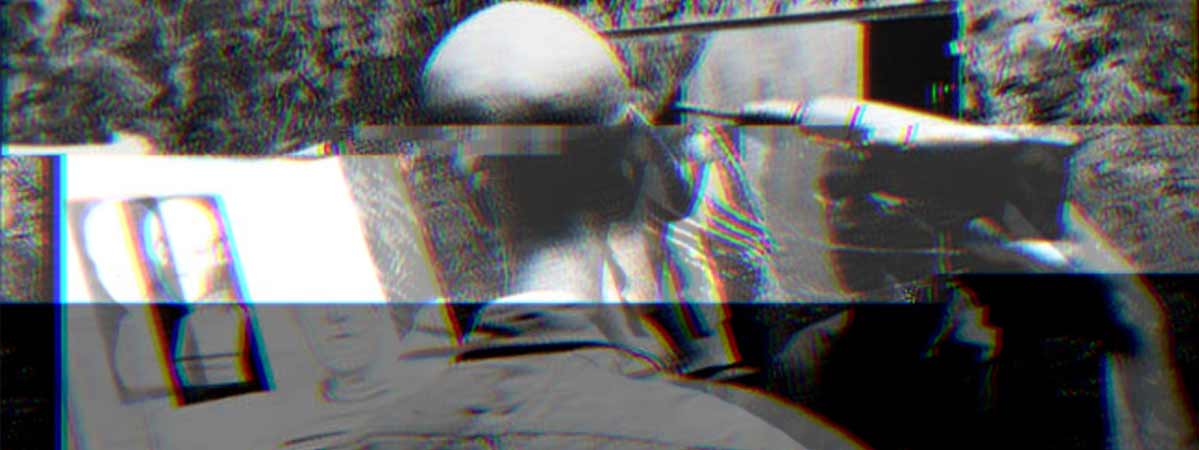Here’s an interesting call for papers for the Association of American Geographers conference next year (2016), posted to Crit-Geog by Wen Lin…
Call for Papers:
Mapping (from) the minor of big data?
AAG Annual Meeting, San Francisco
29 March to 2 April 2015
http://www.aag.org/cs/annualmeeting
Organizers:
Wen Lin, Newcastle University
Matthew W. Wilson, University of Kentucky
“The minor is not a theory of the margins, but a different way of working with material. “¦ It is about the conscious use of displacement.” (Katz 1996, 489)
“Clearly, the technology has the potential to disenfranchise the weak and not so powerful through the selective participation of groups and individuals.” (Harris and Weiner 1998, 69)
Recent years have seen the explosive growth of geospatial data produced and shared by vast, diverse users, facilitated by an array of information and communication technologies and mobile devices. There is a burgeoning body of work attempting to theorize and investigate these processes and practices, with notions including neogeography (Turner 2006), volunteered geographic information (VGI) (Goodchild 2007), maps 2.0 (Crampton 2009), vernacular mapping (Gerlach 2014), alt.gis (Schuurman 2015), and a form of geographic big data (Mooney 2015). Significant efforts have been made to examine a range of issues derived from such phenomena regarding ways of mapping, data quality, and associated socio-political implications concerning power, equity and knowledge. Attention has been given to the empowering and emancipatory potential of new ways of mapping and storytelling, while questions have also been raised about possible implications of surveillance, population control, and unevenness of knowledge production.
Yet, there remains much to be known about those mapping efforts that are seemingly on and in the margins of ‘big data’, from those less active contributors, or by actors in relatively marginalized positions. Such efforts may constitute counter-hegemonic knowledge production (Harris and Weiner 1998, see also Elwood 2015) or may be alternatively understood as a kind of minor data (to draw upon ‘minor theory’ in Katz 1996).
This session intends to contribute to these vibrant discussions by engaging with documenting efforts of mappings and data construction that might be of a much smaller quantity in the wake of big data. We welcome papers addressing theoretical, methodological, and empirical investigations of these mapping efforts situated in a variety of contexts. Questions may include, but are not limited to:
- How might we engage with mapping the minor in the context of big data?
- In what ways are data generated, represented, or curated by those who might be from a more marginalized position in these mapping efforts?
- In what ways are geospatial technologies used, reconfigured, or contested in these mapping efforts?
- In what ways is knowledge (re)produced in these mappings?
- What are the challenges of tracing and documenting mapping efforts from the margins?
- What might be the broader implications of these accounts?
If you are interested in participating in this session, please send an abstract of no more than 250 words to Wen Lin (wen.lin[at]ncl.ac.uk) and Matthew W. Wilson (matthew.w.wilson[at]uky.edu) by Friday, 2 October. Please note that we are attempting to bring alternative perspectives and positions to this discussion, in alignment with this recent manifesto on the gender and racial composition of AAG panels (http://www.knowledgepolitics.org/2015/09/07/the-unbearable-white-maleness-of-aag/).
References:
Crampton, J. 2009. Cartography: performative, participatory, political. Progress in Human Geography, 33(6): 840-848.
Elwood, S. 2015. Still Deconstructing the Map: Microfinance Mapping and the Visual Politics of Intimate Abstraction. Cartographica, 50(1): 45-49
Gerlach, J. 2014. Lines, contours, legends: coordinates for vernacular mapping. Progress in Human Geography, 38(1): 22-39.
Goodchild, M. 2007. Citizens as sensors: the world of volunteered geography. GeoJournal, 69: 211-221.
Harris T., Weiner D. 1998. Empowerment, marginalization, and “community-integrated” GIS. Cartography and Geographic Information Systems, 25(2): 67-76.
Katz, C. 1996. Towards minor theory. Environment & Planning D: Society & Space, 14: 487-499.
Mooney, P. 2015. An Outlook for OpenStreetMap. In J. Jokar Arsanjani, A. Zipf, P. Mooney, M. Helbich (eds.) OpenStreetMap in GIScience: Experiences, Research, and Applications. Cham, Springer, pp. 319-314.
Schuurman, N. 2015. What is alt.gis? Introduction to the Special Issue. The Canadian Geographer, 59(1): 1-2.
Turner. A. 2006. An Introduction to Neogeography. O’Reilly Media, Sebastapol, CA.


